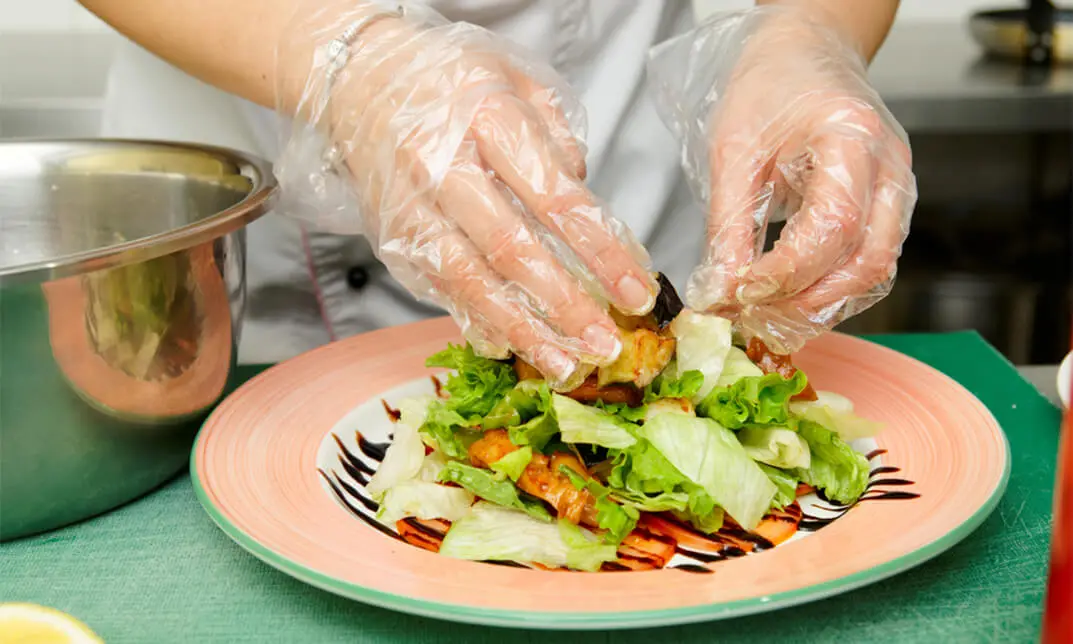Introduction
It’s so important for kids to learn about food hygiene and why it’s critical for their health and safety. Establishing proper hygiene habits can help prevent foodborne illnesses and lead to healthier lifelong habits. Here are a few tips you can use to teach kids food hygiene.
Importance of Handwashing
One of the best ways to stop the spread of germs is through handwashing. Teach children to wash their hands with soap and water before preparing or eating food. Demonstrate how to rub all parts of their hands (between fingers, under nails) for at least 20 seconds. You can make this easy with a short song.
Clean Workspaces
Clean surfaces and utensils before, and in between, cooking or handling food. Let children help to wipe countertops and wash cutting boards. Cross-contamination can be avoided by cutting raw meat and vegetables on separate boards. Learning these skills as we grow up, and forming habits while we are young is a good way to maintain safe food preparation.
Proper Food Storage
Teach children to properly store food. Describe how fresh foods should be refrigerated and cooled soon after purchase. Demonstrate how they can use airtight containers to keep pantry foods fresh and avoid spoiling. Talk about the importance of organizing the refrigerator so that leftovers don’t turn into leftover mysteries.
Understanding Expiry Dates
An explanation of the expiration date on foods can be taught to children. What is the difference between “use by” and “best before” dates? Let them look for these dates when pitching in with meal prep or grocery shopping. Knowing what expiry dates mean can help avoid waste and keep you safe.
Safe Food Handling
Guide kids to take good care of food while cooking. Encourage the use of one utensil for raw foods and another for cooked to avoid contamination. Remind them to wash their hands after handling raw meats, poultry, or eggs. Showcasing of these techniques can inspire confidence in the kitchen and vice versa.
Cooking Temperatures
Teach older kids about cooking temperatures. Describe how heating food to the right temperature can render dangerous bacteria harmless. Teach them how to use a food thermometer for dishes such as meat and poultry. Learn to read cooking temperatures Using cooking temperatures reinforces their cooking safety.
Washing Fruits and Vegetables
Stress the necessity of washing fruits and vegetables before eating or cooking with them. How does rinsing with running water wash away dirt and possibly pesticides? Get the kids to help wash produce, as part of their process of prepping a meal.
Avoiding Cross-Contamination
Explain to children what cross-contamination is and how to prevent it. Describe why it is important to separate raw and cooked food. Get them to also use separate plates or utensils for different food groups. This is the information that keeps shit clean and people safe.
Safe Drinking Water
Talk about their need to drink water that is safe and clean. Describe how tap water is cleaned of impurities, but water from other sources might not be safe. Teach kids to use clean cups and not to share them with others to deter the spread of germs.
Proper Trash Disposal
Educate children about the value of proper trash disposal in preventing unsanitary conditions. Demonstrate for them how to put food scraps and packaging in the trash. Tell them to help prevent the kitchen from getting nasty by emptying the trash every once in a while. Doing so will keep down the smell and deter pests.
Making Hygiene Fun
Turn food safety education into a fun game of Concentration. Teach kids safe measures with games, songs or storytelling. Develop challenges or rewards for practicing hygiene. By making it fun, you are not only keeping them occupied, but also keeping them interested in what they are learning.
Conclusion
Teaching young children the value of proper food hygiene will hopefully create lifetime habits. Parents can empower kids to make safe choices by teaching them about hand-washing, food safety and storage. Such skills not only keep them healthy, but ensure that they maintain cleanliness in the kitchen and safety in handling food for the rest of their lives.

